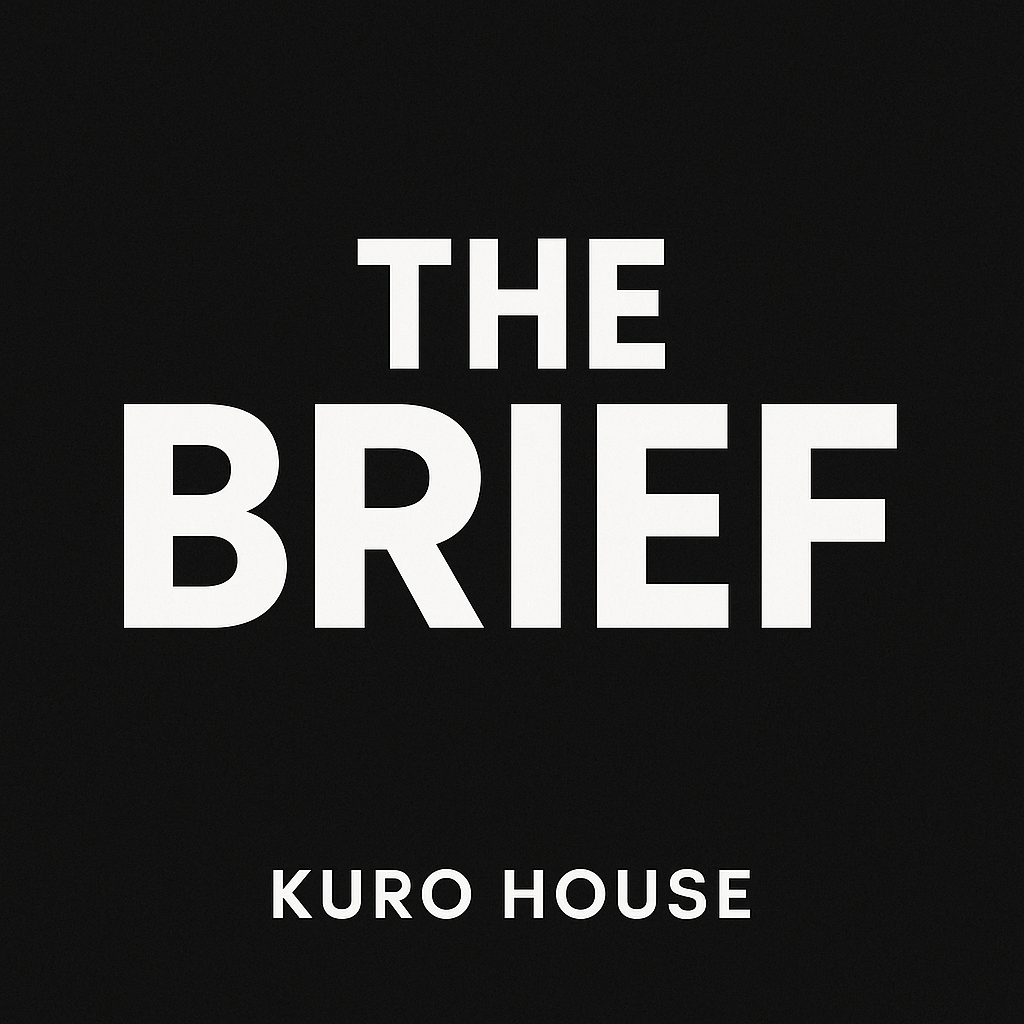Listen To The Show
Transcript
Welcome to The Prompt by Kuro House, your daily AI update. Today, we’re diving into some fascinating developments across AI browsers, smart home assistants, and the evolving landscape of AI interaction. Let’s get started with a fresh look at Opera’s new AI browser.
Opera’s Neon browser is trying to do something ambitious by packing three AI bots into one browser. According to a detailed review from The Verge, these bots—Chat, Do, and Make—handle different tasks, from straightforward chatting to actively controlling the browser and even building small web tools. While this setup offers versatility, it also creates confusion about which AI to use for what purpose. For example, the Chat bot can answer questions but sometimes gives overly verbose or inaccurate responses, like miscounting comments on articles. The Do bot attempts to complete tasks like booking classes or shopping, but it can make baffling mistakes, such as adding unwanted items to your basket or incorrectly reporting ticket availability. Meanwhile, Make lets you create mini web apps, which is a neat feature but still feels experimental. All this comes at a $19.90 monthly subscription, making it a tough sell compared to free alternatives.
Now, shifting gears to a more sensitive and complex topic: the rise of AI sexting. The Verge’s Stepback column explores how AI chatbots have become increasingly sexualized, with platforms like Character.ai and Elon Musk’s xAI offering flirtatious avatars for paid subscriptions. This trend raises serious concerns, especially around vulnerable users and minors. There have been tragic cases linked to AI companionship gone wrong, and lawmakers in California are stepping in with new regulations requiring clear AI disclosures and suicide prevention reporting. OpenAI has also announced plans to relax safety restrictions for verified adults, allowing erotica and sexting in its chatbots, aiming to balance user freedom with safety. But the ethical and mental health implications remain a hot topic as this AI frontier expands.
In the world of AI research, OpenAI recently faced a bit of embarrassment over claims about GPT-5’s math abilities. TechCrunch reports that OpenAI initially claimed GPT-5 solved ten previously unsolved Erdős problems, which are famous mathematical conjectures. However, mathematician Thomas Bloom clarified that the AI actually found references to existing solutions, not new ones. This led to criticism from AI experts like Meta’s Yann LeCun and Google DeepMind’s Demis Hassabis, calling the hype misleading. Still, OpenAI researchers argue that locating hard-to-find literature is a valuable achievement in itself.
On a lighter note, Google’s Gemini AI is now powering smarter features in Google Home, but it’s amusingly misidentifying pets. Wired shares a story where Gemini keeps mistaking a dog for a cat, even after being corrected by the user. Despite this, Gemini improves smart home automation by recognizing delivery drivers and enabling easier commands like turning on lights when someone arrives home. Google says these features are in early access and they’re actively working on improving pet recognition and overall accuracy. So, while Gemini is smart, it still has some growing pains to overcome.
Lastly, Wikipedia is seeing a drop in human traffic, and it’s linked to changes in how people consume information online. TechCrunch reports that Wikipedia’s pageviews fell 8% year-over-year, partly due to AI-powered search engines providing direct answers and younger users turning to social video platforms. The Wikimedia Foundation is concerned this trend could reduce volunteer contributions and donations, which are vital for maintaining the site. They’re working on new frameworks to better attribute content and encourage users to visit Wikipedia itself. The message is clear: while AI can summarize knowledge, supporting the original human-curated sources remains crucial.
That wraps up our AI highlights for today. From browsers experimenting with multi-agent AI to the complex realities of AI companionship, and from research claims to smart home quirks and knowledge sharing shifts, the AI world keeps evolving fast. Thanks for joining us on The Prompt by Kuro House. See you tomorrow for more AI insights.

